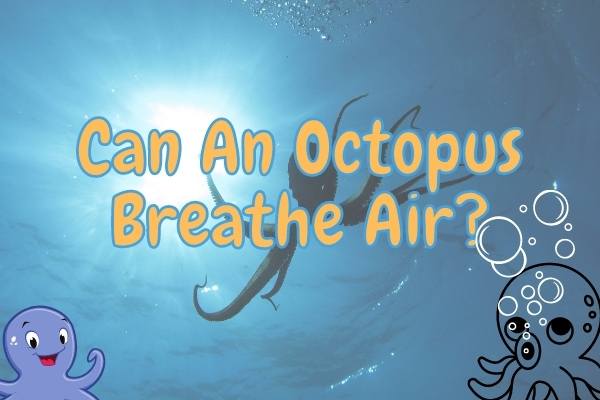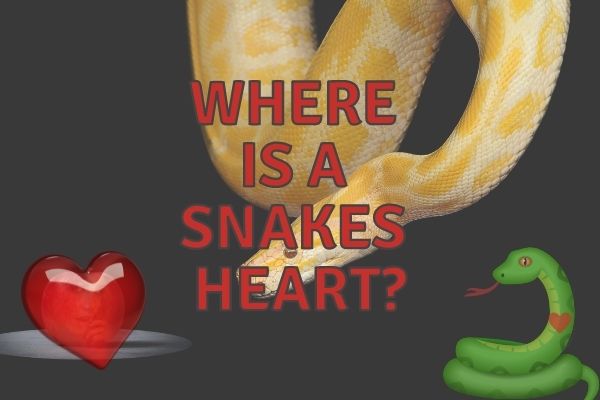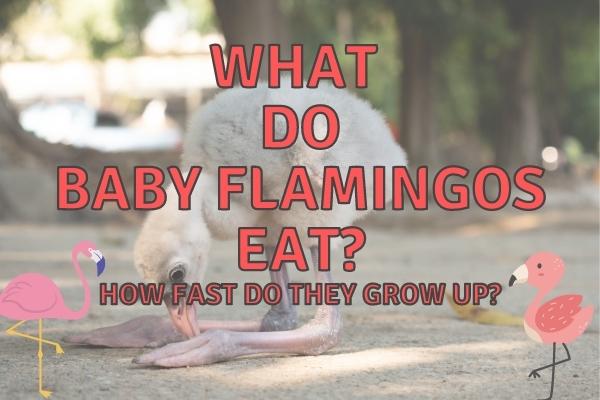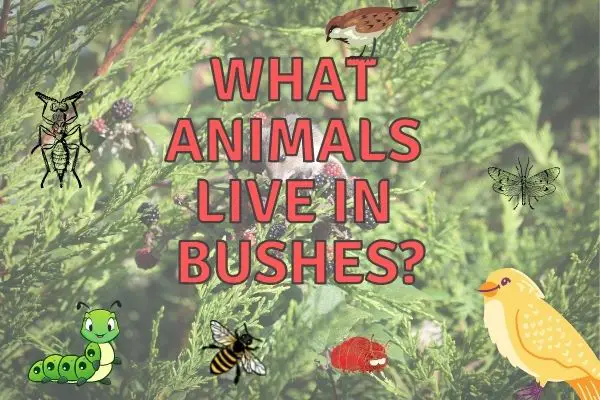Octopuses are members of the mollusk group which includes creatures like snails, mussels, and squids. Octopuses breathe underwater through a set of internal gills which extract oxygen from the water as they do not have lungs to breathe air.
An octopus uses its gills to breathe like other sea creatures, it cannot breathe air. If an octopus exits the water, it will not take long before it dies from suffocation as its gills are not effective enough to breathe in air.
Gills are used by all cephalopods such as squids and octopuses to breathe underwater.
The gills of octopuses have a large porous surface that transfers oxygen into their blood to nourish all their organs. This large surface is, however, only maintained underwater and collapses as soon as the octopus is brought onto land.
Octopuses have three hearts, two of which are dedicated to pumping blood across the two gills, and are responsible for oxygen exchange – signifying the importance of gills for their survival!
That means octopuses are not able to live on dry land for very long. They can, however, stay for a limited time, which they may employ to hunt in tide pools at low tide.
Do Octopuses Need Air?
No, but they need water because they have gills instead of lungs.
All living things need oxygen to survive. Oxygen can be found in the air and in water, however, the mechanism by which they breathe determine which medium is most effective.
The gills of octopuses are optimized to breathe underwater only, and cannot be used effectively on land, which the gills of some crabs have adapted successfully to do.
Water contains oxygen just like air, and while there is oxygen exchange between water and air, oxygen is also formed independently in water e.g. by seaweed and algae – therefore air is not required for octopuses to live.
Octopuses and other sea creatures require water to breathe via their gills in the same way that people require air to breathe through their lungs.

An octopus breathes through its gills in the same way that all other fish do. However, they do not breathe through their mouth (or actually, they have a beak, read more here!) The gills of an octopus are positioned inside the mantle cavity and escape to the outside.
The oxygen requirements of the giant octopus, however, are higher than those of other mollusks and fish.
Why do octopuses require water in order to breathe?
Because octopuses have gills instead of lungs, they must rely on water to exchange oxygen and carbon dioxide.
The lack of buoyancy that their gills experience out of the water causes gills to collapse on land, which leads to a reduced surface where little to no oxygen is absorbed and carbon dioxide cannot be released (which acidifies the octopuses blood).
Octopuses live in the ocean and do not come to the surface for oxygen; therefore they must obtain it through their gills. Gills are by all fish, octopi, and squids.
The gills work similarly to our lungs in that they take oxygen from the air we breathe. So we breathe air into our lungs, and this air contains some oxygen.
These oxygen molecules are delivered into our circulatory system (heart, arteries, and veins) when they come into contact with our lung surface, allowing all of our organs to receive oxygen and stay alive.
The water of the ocean works the same way for gills as the air works for our lungs. However, lungs are designed for air and gills for water, so each organ will not work outside their preferred medium!
Is it possible for octopuses to breathe on land?
No. Octopuses may survive on land for up to half an hour in optimal conditions, but they cannot breathe effectively on land.
Because octopuses have gills instead of lungs, they cannot effectively obtain oxygen on land. Gills will collapse on land, which reduced the surface area to a level where little to no oxygen is absorbed.
They are a bit like lobsters in that sense as they are very efficient underwater but not quite efficient enough to survive on land.
To perform cellular respiration, octopuses require oxygen. They will die if they go on land because they do not have adequate oxygen since they are unable to breathe and make energy.
Octopuses have three hearts that they use to transport the oxygenated blood around their bodies.
Two of them are dedicated to transporting blood to the animal’s gills, underlining the animal’s oxygen supply reliance on its gill and the importance of constant blood flow to the gills.
The organs’ circulation is maintained by the third heart. When the octopus swims, this organ’s heart stops beating, explaining why the species prefers to float rather than swim.
Their heart system subsequently circulates blood throughout the squid’s body, keeping it alive. On the posterior side of the mantle, you can see their outflow (siphon) over their eyes (opposite the pointy side).
How Long can Octopuses Survive Out of the Water?
Not for long, maximum 30 min. in humid conditions and less if the surface and air is dry. If they get flushed with water regularly, they can survive longer.
Octopuses need water to breathe; therefore land is not only inconvenient as they move poorly but also dangerous.
Passive diffusion allows for a limited degree of gas exchange through their skin if it is damp. This is why the octopus may remain on land for brief periods of time and don’t suffocate instantly as humans would do underwater.
Because most octopus species are nocturnal, we don’t see them very often as they hide in their caves during the day.
Although their boneless bodies appear inadequate for migrating out of the water, it is hypothesized that they are motivated by food, such as shellfish and snails found in tidal pools.
Some coastal octopuses, like the Abdopus aculeatus octopus, do indeed crawl onto land for at least several minutes in damp coastal environments where they mostly hop from pool to pool, never staying out of the water for long.

However, this is quite an exceptional thing to do for octopuses and they will not last long if exposed to a dry surface in the sun.
Can Octopuses Drown in Water?
Yes! All animals can drown. An octopus will drown if the oxygen level of the water is too low, or other gases (like carbon monoxide) prevent its gills from absorbing enough oxygen.
Dissolved oxygen, or DO is the most important measure of water’s ability to sustain aerobic life. It is a measure of the oxygen that is present in water.
To avoid drowning, water organisms must filter enough oxygen out of the water just like we “filter” the air.
A high DO is required for aquatic animals to breathe. Aquatic populations will move away, fail to reproduce, and diminish or perish if DO levels in lakes, rivers, and ponds fall too low.
In the ocean oxygen levels rarely drop to critical levels unless there are local algae blooms or massive decomposition of organic matter (microorganism uses up the oxygen).
Conclusion
Unlike plants, most animals (but not all animals need to breathe themselves!) have to breathe in order to make cellular energy to survive, the octopus is no exception.
Octopuses are sea creatures and don’t have lungs. To breathe, octopuses use gills for water exchange inside their mantle cavity, which is the space between their arms.
The gills used by octopuses are analogous to those of squids, crabs, crayfish, and lobsters, but somewhat less efficient.




